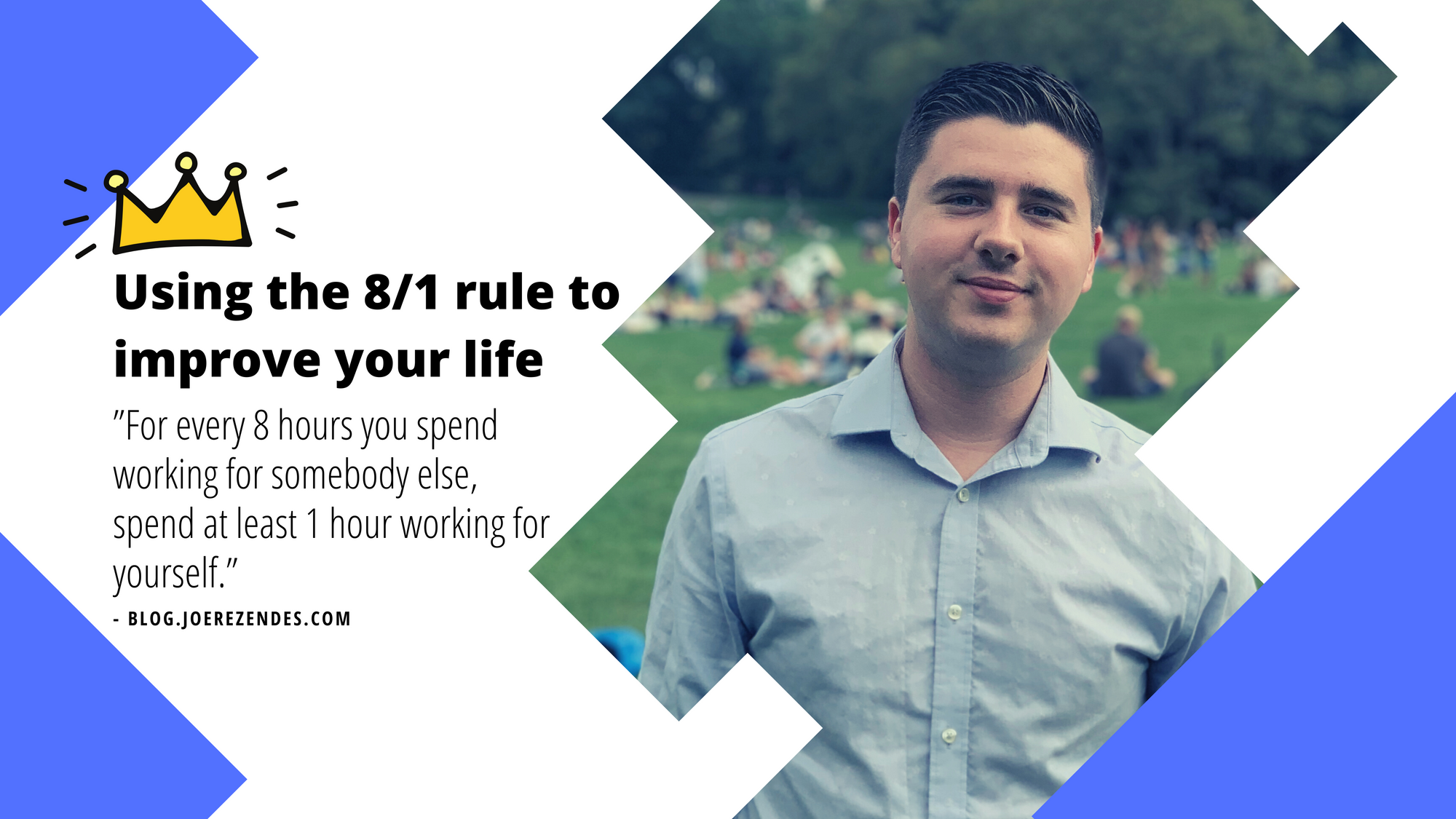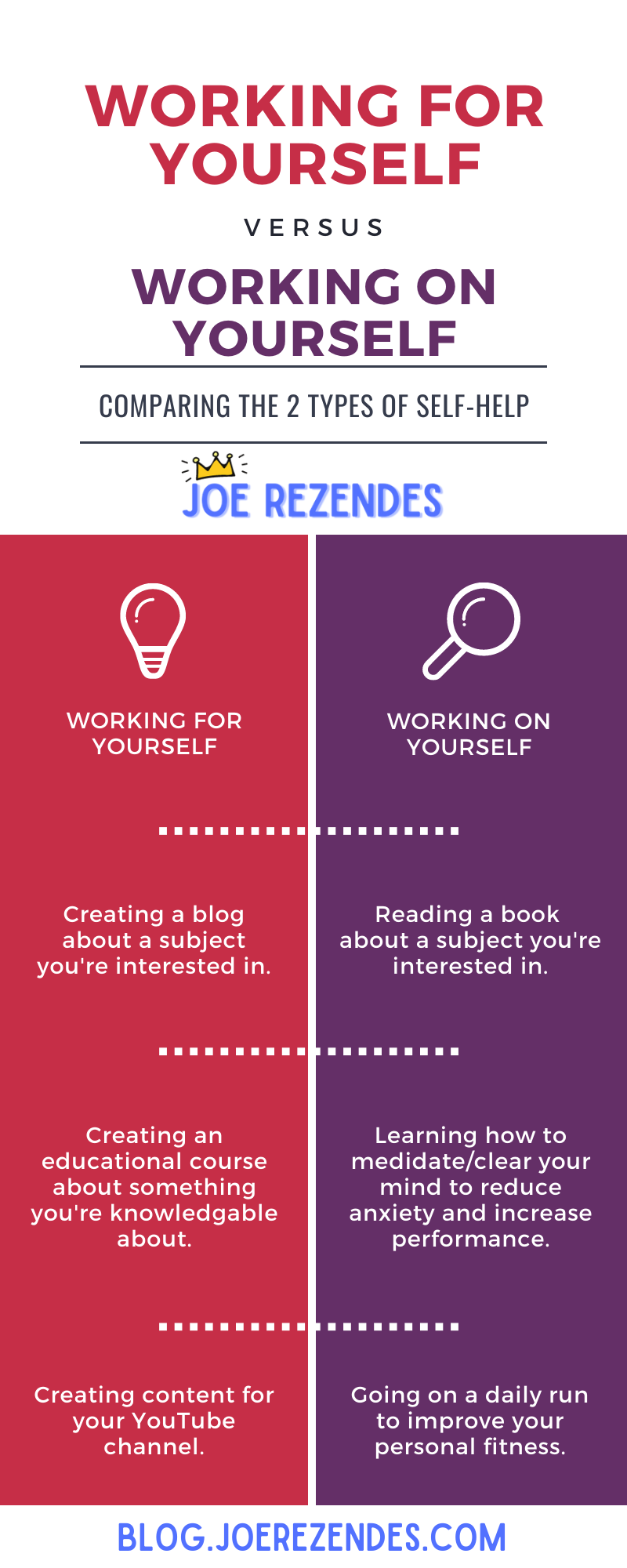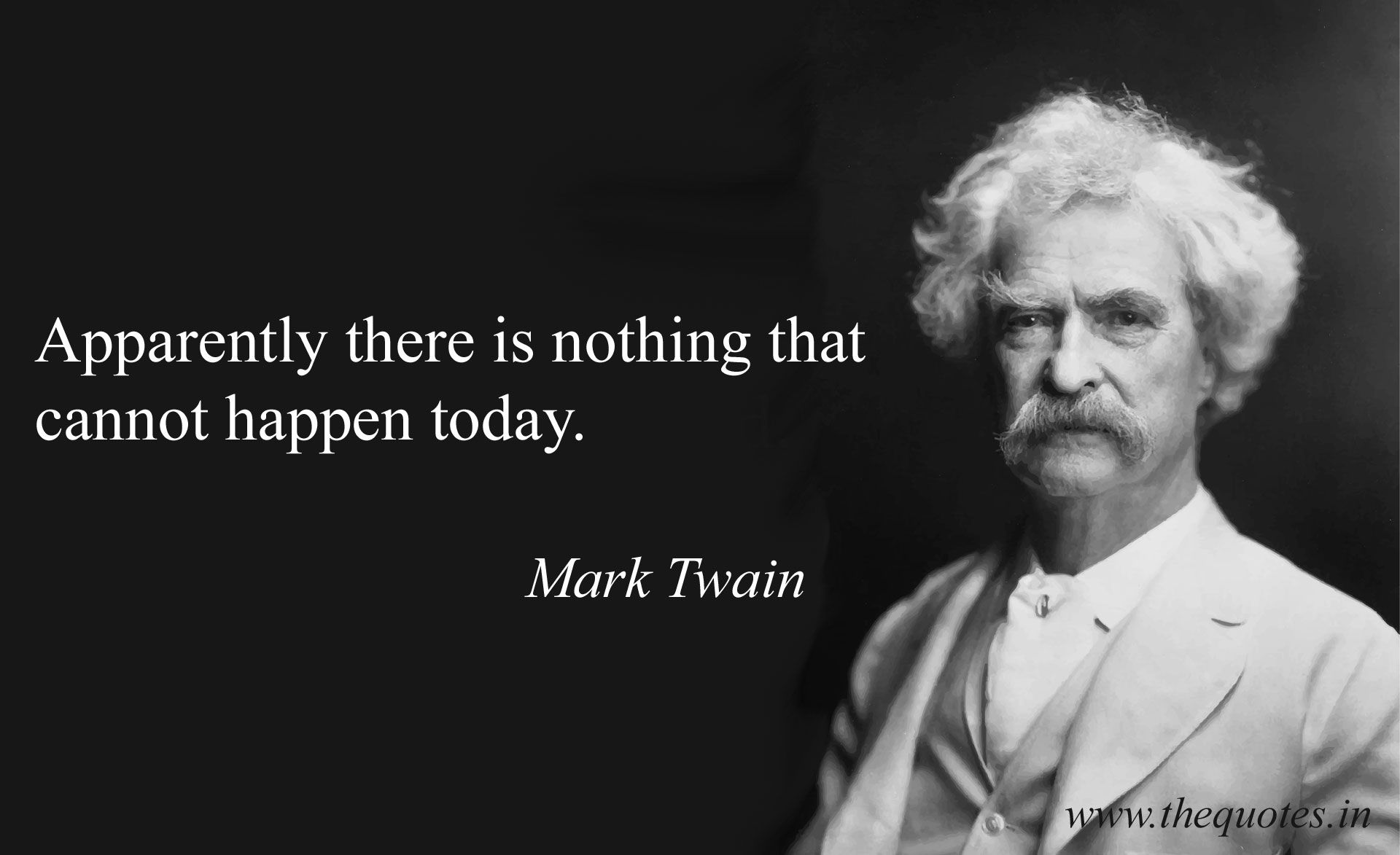
The 8/1 rule is simple. For every 8 hours you spend working for somebody else, spend at least 1 hour working for yourself.
Have you ever heard the saying "Pay Yourself First?"
Investopedia says that the goal of paying yourself first is to make sure that enough income is first saved or invested before monthly expenses or discretionary purchases are made.
/iStock-511031562.calculation.valuation-5c6c5e0e46e0fb00011fa08c.jpg)
I've often wondered how this principle can be applied elsewhere. The point of paying yourself first is improving your financial life. But why stop here?
In an age where content is king, if you're not constantly producing new things you'll be left behind quickly.
This is why I propose a new rule for life, the 8/1 rule.
How to use the 8/1 rule
If you're like me you spend a large portion of your day working at a company you don't own. There's nothing wrong with this, and I actually enjoy what I do immensely.
Even though I love what I do, I also know that my position at any particular company isn't going to last forever. Working in Silicon Valley, most of my peers switch jobs every couple years or so. This usually isn't because they grow distasteful of their company, it's because they start seeking something new after a specific period of time.
Be that as it may, there's one company in each of our lives that we will be working for forever, the company of ourselves.
Because of this, you can think of every little thing you do for yourself as something permanent for your own business of one.
But I don't make any money by myself, how is this applicable?
The grand purpose of working for yourself isn't necessarily the pursuit of money. For me, I'm okay with my largest paycheck coming from the company I work for. In fact it makes sense because it's the one thing I contribute the most of my effort to at any given time.
The profits of working for myself come later and often times in unexpected ways.
Let me explain:
When I apply for my next job, because of the 8/1 rule I will have produced a ton of content online. Even if that means one new article every few days, or an informative instagram post that captures my professional audience, these things will add up.
When an employer checks out my website and social media accounts that I conveniently list boldly on my resume, they'll see me as a thought leader in my field.
I've now got an advantage over other applicants because I have content that highlights all my skills and expertise. I can now apply for more senior roles because of this added social proof.
Indeed, the profits of a strong personal brand often come several years later when your salary increases because you've created a large digital footprint in your professional space.
/afro-american-young-man-typing-on-laptop-670543770-5b61f8b646e0fb00504f6787.jpg)
So what kind of work counts?
When I mention working for yourself, it's important to mention what this includes and what it doesn't include.
There's a big difference between working FOR yourself and working ON yourself.

When you work on yourself, you're improving other things about your life, but you're not producing anything. Maybe this means going for a jog or reading a book. This type of work is still super important, but it's different than working for yourself.
When you're working for someone else, you're producing something for them. Today, what we produce is either physical or digital. You're making content, you're coding a new feature, you're writing documentation, or you're building benches. Whatever it is, the end result is something tangible. It can be seen and it can be measured.
This is exactly the type of work you want to do for yourself as well. The end result should be the production of something.
Make that blog post, make that online course, continue writing that book, design that info-graphic, whatever it is, make sure it's measurable and tangible. You need to produce some sort of product that people can consume.

For more info on the differences between these two types of work check out this article:

Why 8/1 and not 1/8?
I feel the need to reiterate the importance that working for yourself should not interfere with the duties of your normal job.
There's a reason why this is called the 8/1 rule and not the 1/8 rule.
The contrast between paying yourself first and creating time to work for yourself, is that work you do for yourself should come last.
There will be times where your normal day to day responsibilities at your job don't allow you to work for yourself. This is expected, and you shouldn't stress about it. Always fulfill the needs for those you work for before you fulfill the needs for working for yourself.
A lot of self help gurus will tell you the opposite of this. I'm not one of them. At any given time, the work you produce for others is likely going to be vastly more important (at least in the present moment) than the work you produce for yourself. One gives you a paycheck and involves other parties that count on you to get the job done. The other work is your own responsibility, and when it needs to be put on hold it can be. Nobody else is counting on you.
The goal of the 8/1 rule is to supplement your professional value, but any amount of supplementation will be detrimental to you if you have little professional value to give to others because you're too busy working on yourself.
Don't get me wrong, if you want to work solely for yourself then feel free to do so, but if you need a paycheck to stay alive then I don't suggest you let working for yourself get in the way of that.
At the end of the day, working your normal day to day job is still a contribution to your professional life and career.
But worry not! Most of us have time to do both!
There are ways that we can stay productive for our bosses/colleagues and for ourselves without sacrificing the quality of work put out.
If you have a busy work week that leaves you getting home late, then push the work you do for yourself to the weekend.
Maybe you've got 4 days of hard work, but one day that's a bit more relaxed. Do two to three hours for yourself on the day that's more relaxed if you can handle it.
Maybe you have an entire month that's filled to the brim with intense work projects. This might mean you take a one-month vacation from working for yourself, or you drastically reduce the amount of content you produce. I think that if you prioritize your time you'll probably be able to produce at least one thing for yourself every two weeks.
It's also important to note that the 8/1 rule doesn't mean that you finish producing content in that one hour time. If you want quality content then it may take several hours or longer depending on the type of content you're producing. If your content is so high quality that you only have time to produce one thing every month, then do that.

Thanks for taking the time to read this article. I'll leave you with this:

If you're interested in the types of content you can produce that falls under working for yourself, please check out this master list.










